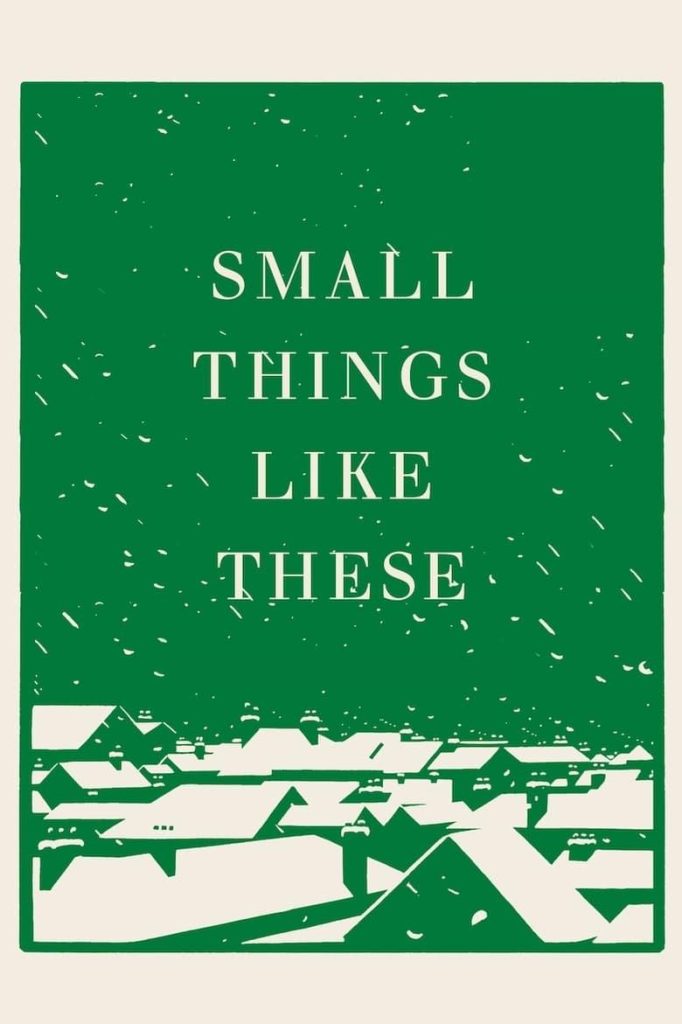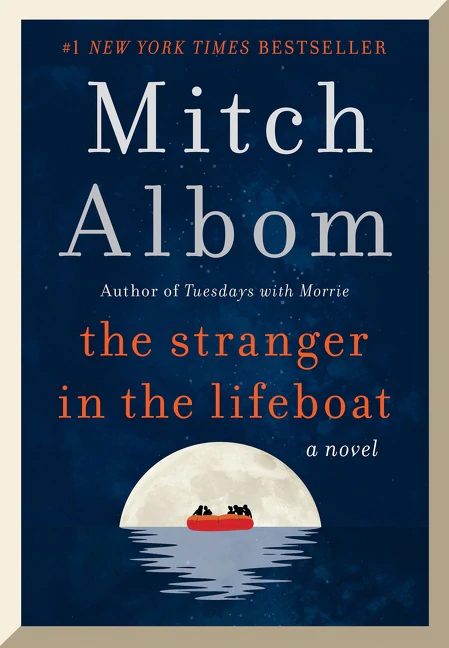Small Things Like These by Claire Keegan
Formational book review by Megan
3/5 stars

“…but the worst that could have happened was also already behind him; the thing not done, which could have been – which he would have had to live with for the rest of his life.”
Small Things Like These is about a man named Bill Furlong and what he does when confronted with injustice and his own experiences in his past. He is forced to make a decision that involves self-censorship and the town turning a blind eye that may rock the boat more than he wants.
**A few general spoilers are below.**
Reading as a Disciple
“What was it all for? Furlong wondered. The work and the constant worry. […] Lately, he had begun to wonder what mattered, apart from Eileen and the girls. He was touching forty but didn’t feel himself to be getting anywhere or making any kind of headway and could not but sometimes wonder what the days were for.”
Worry. It seeps into the mundane moments of the day, the busy, hectic times and in our sleep. It can disrupt and upend your day in a moment. I recently woke up actually feeling rested (rare as a mom of littles) and the morning was beautiful with the sun shining but after a simple chance comment on finances, the morning suddenly didn’t seem so bright. We all can spiral into gloom and despair if we don’t consciously choose to look to God for hope and joy.
This book showed how worry can invade otherwise joyful seasons and disrupt your life but it also showed that we often do have to make difficult choices, that our worry can be the stress of having to make a difficult decision. We can’t hide from those times and many times they are unavoidable but God promises to be with us and we do not have to make them alone. Furlong was alone in the book, it seemed even his own family wanted nothing to do with the decision he was faced with but God will be with us and will give us the wisdom needed. Keegan wanted to bring as much separation between God and Furlong as possible since the church was the antagonist in the story but what you are left with is loneliness and hopelessness.
Reading Communally
“…he found himself asking was there any point in being alive without helping one another? Was it possible to carry on along through all the years, the decades, through an entire life, without once being brave enough to go against what was there and yet call yourself a Christian, and face yourself in the mirror?”
We’ve got one life to live, one chance at life. You can sleep in the grave. God needs you to help save as many people as possible.
These are things I’ve heard or been told to bring an urgency to my Christian walk. I never liked this line of thought, as if it was our responsibility alone to “save” someone from the fires of hell. We are not the ones doing the saving first of all and furthermore, are not our days for bringing glory to our creator and simply pointing others to His glory? While there may be some level of urgency in sharing Christ with those around us, I don’t see evidence of a need for hurry in the Bible. Christ did not gallop from town to town sharing the Good News, he walked. While we might be tempted to think we have “one chance” to share Christ with someone, God is always working, with or without us.
While it is easy to take on an individualistic approach to the Great Commission, we must remember that we are part of a greater picture and that God is continually moving and working whether we join in His work or not. We are invited to join the greater body of Christ in His work to make all things new and to redeem what was lost.
Final Thoughts
“Before long, he caught a hold of himself and concluded that nothing ever did happen again; to each was given days and chances which wouldn’t come back around. And wasn’t it sweet to be where you were and let it remind you of the past for once, despite the upset, instead of always looking on into the mechanics of the days and the trouble ahead, which might never come.”
Overall, not my cup of tea. I would call it an “inspirational” depressing story. In the end, it’s all about “the thing not done,” to live with no regrets, but somehow, this story just left you feeling sad and depressed. I wasn’t quite into Keegan’s style of writing either. There was something lacking in this story and I think it came down to hope. Hope was placed in man; me, myself, and I, and it was only a faint glimmer anyways. You’re left wondering if there really was any hope. The problem is that our hope will fall flat if we look to man for saving, hope can only be found in Christ and Christ alone. This book was a great reminder of that. What is especially gloomy about this though, is that it is the church that was the source of pain and evil. So sad that this story is based on true events. We, as the church body, must do better.
Other books:
Claire Keegan has written several other books; you can look them up by her name, but I’m not sure I will be in a hurry to read any more of her books.



